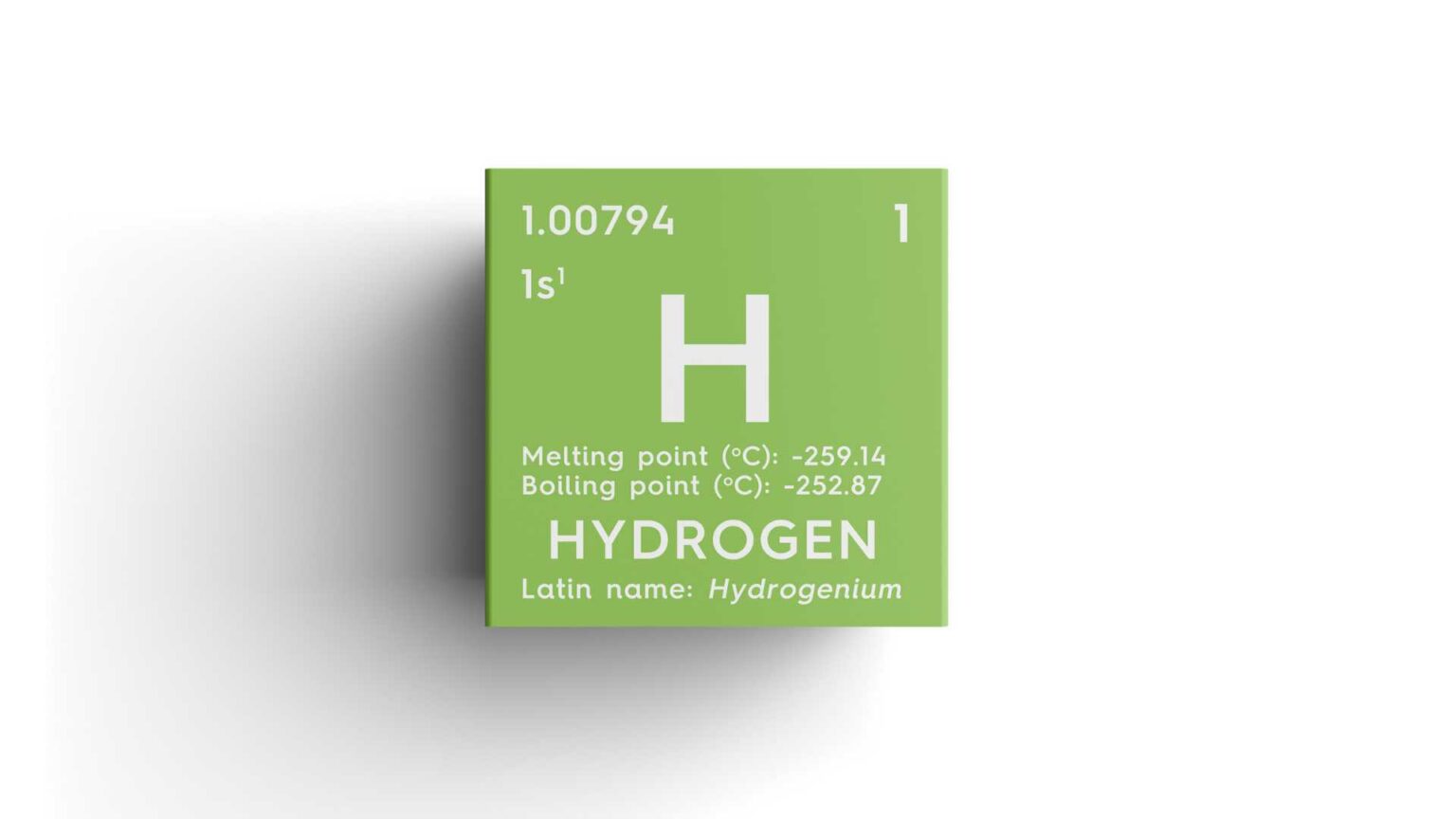A new initiative, funded by over €50 million from the Netherlands Organisation for Scientific Research (NWO) and industry partners, aims to tackle hydrogen challenges through the HyPRO consortium, a collaboration involving 58 partners, including researchers from Leiden University.
One of the primary obstacles to widespread green hydrogen adoption is the high cost of production. Electrolysis, the method used to produce green hydrogen by splitting water into hydrogen and oxygen, is an energy-intensive process. Though the potential of electrolysis is well recognized, it still faces significant cost and efficiency issues, largely due to the degradation of electrochemical cells. This degradation not only increases the operational costs but also limits the long-term viability of green hydrogen as a clean energy source.
Marc Koper, a professor at Leiden University, explains that the HyPRO consortium is an essential step forward. His team will focus on advancing electrochemical hydrogen production under higher pressures, an approach aimed at improving efficiency. Additionally, the project brings together interdisciplinary teams, creating opportunities for breakthroughs in hydrogen production technologies.
A significant part of the project’s focus is on reducing the degradation of materials in electrochemical cells. Rik Mom, a chemistry researcher, points out that understanding and mitigating degradation is vital to lowering the cost of green hydrogen. Collaborating with manufacturers, the project seeks to identify the root causes of degradation in various components and develop more durable systems.
This research is crucial, as overcoming degradation could have a transformative effect on the electrolysis process, making it more sustainable and less expensive.
Leveraging Artificial Intelligence for Hydrogen Production
In addition to addressing material degradation, the HyPRO consortium also aims to enhance hydrogen production using Artificial Intelligence (AI). Yingjie Fan, a computer scientist at LIACS, is spearheading efforts to apply AI to accelerate the development of hydrogen technology. Her team’s goal is to reduce the time and cost associated with chemical and physical experiments by using AI to model and optimize the electrolysis process.
While AI offers promising avenues for improving the efficiency of hydrogen production, its application in this field is still in the early stages. The effectiveness of AI-driven solutions will depend on how well they can be integrated with existing systems and the robustness of the data used in these models. Although the consortium is optimistic about AI’s potential, the timeline for achieving measurable results remains uncertain.
Building a Dutch Supply Chain for Hydrogen
A notable element of the HyPRO project is its goal to develop a Dutch supply chain for materials, components, and systems required for hydrogen production. By fostering local supply chains, the consortium aims to reduce reliance on international suppliers and create a more resilient ecosystem for green hydrogen. This approach not only supports the domestic economy but also aligns with the broader objectives of enhancing energy independence.
